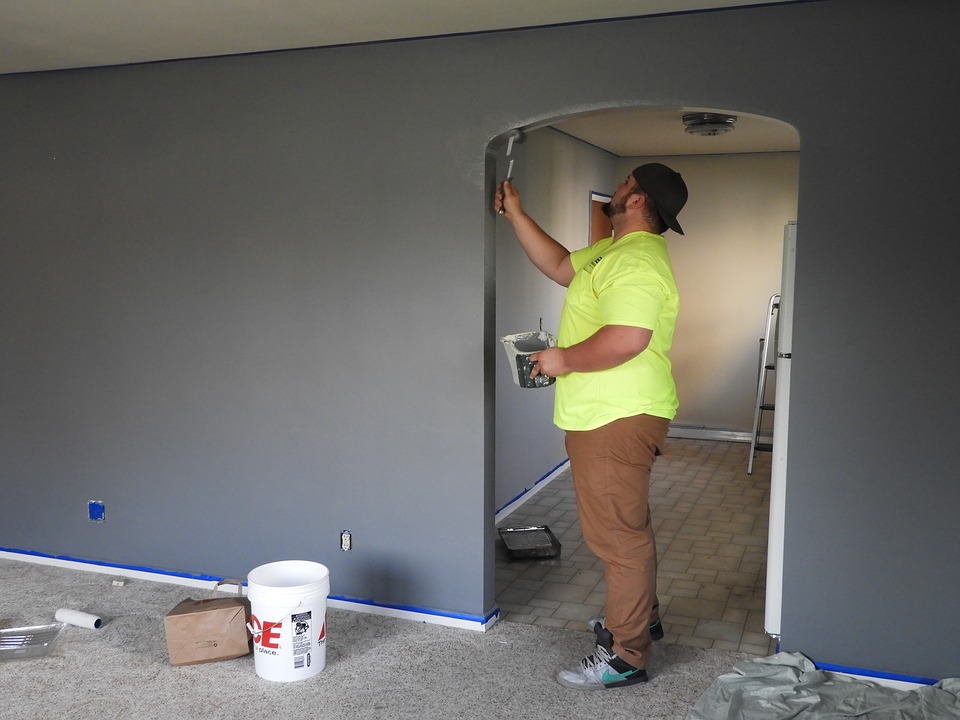Disability, a term often misconceived as a limitation, is a spectrum of conditions impacting individuals in varied ways. Improving the quality of life for those living with disabilities is not just about providing basic needs, but also about ensuring dignity, independence, and equal opportunities. Here, we explore multifaceted approaches to enhance the lives of those with disabilities.
Understanding and Awareness: The First Step to Change
Education plays a pivotal role in changing perceptions about disabilities. Awareness campaigns and educational programs can help dismantle stereotypes and promote understanding. Schools and workplaces should incorporate disability education into their curriculums and training programs. Such initiatives encourage empathy and inclusion, making society a more welcoming place for those with disabilities.
Accessibility: More Than Just Ramps
Physical accessibility is crucial. This includes ramps and elevators and accessible public transport, parking, and toilets. Ensuring those with a disability have access to useful tools such as mobility scooters and wheelchairs is vital for their physical and mental wellbeing. However, accessibility extends beyond the physical realm. Digital accessibility, for example, ensures that websites and online resources are usable for those with visual or hearing impairments.
Healthcare: Beyond the Disability
Often, healthcare for individuals with disabilities is focused solely on their disability. However, they require comprehensive health services just like anyone else. Access to regular health check-ups, mental health services, and specialised care is essential. Tailored health programs can address the unique challenges of specific disabilities, ensuring a better quality of life.
Employment Opportunities: The Path to Independence
Employment is not just a means of earning; it’s a source of dignity and independence. Creating inclusive workplaces where people with disabilities can use their skills is vital. This involves adapting work environments, offering flexible hours, and providing necessary support. Companies should also be encouraged to see the value and unique perspectives that employees with disabilities bring.
Social Inclusion: Building Stronger Communities
Social inclusion is about more than just physical presence in community spaces. It’s about active participation and engagement. Community groups, recreational activities, and social events should be accessible to everyone, including those with disabilities. Encouraging individuals with disabilities to take leadership roles in these activities can also foster a sense of belonging and community.
Technology: An Enabler of Independence
Technological advancements have opened new doors for individuals with disabilities. From voice-activated devices and Braille readers to advanced prosthetics and mobility aids, technology can significantly enhance independence. Investment in research and development of assistive technologies, as well as making them affordable, is key to improving life for those with disabilities.
Legislation: Rights and Protections
Effective legislation is crucial for protecting the rights of individuals with disabilities. This includes laws that ensure equal opportunities in education, employment, and access to services. Governments should also implement policies that prevent discrimination and promote the rights and dignity of those with disabilities.
Empowering Individuals: The Core of Improvement
Lastly, empowering individuals with disabilities means recognising them as active, contributing members of society. This involves listening to their needs, respecting their choices, and providing the necessary tools and support to help them lead fulfilling lives. When individuals with disabilities are empowered, they can overcome barriers and achieve their goals.
Conclusion: A Collective Responsibility
Improving the quality of life for those with disabilities is a collective responsibility. It requires commitment from individuals, communities, businesses, and governments. By embracing diversity and focusing on accessibility, healthcare, employment, social inclusion, technology, and legislation, we can create a more inclusive world where everyone has the opportunity to thrive.



